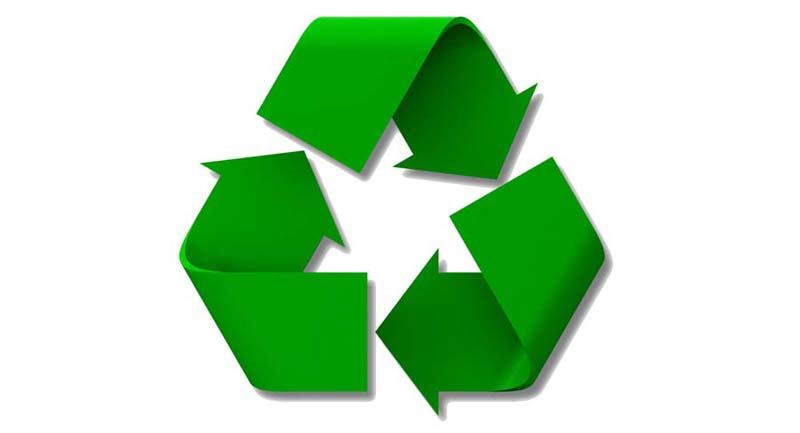With a little more than two months until the legislated start date of a new provincial recycling program, a group of business representatives are calling for its delay.
On Monday, a coalition of nine stakeholders launched an advertising campaign to protest the changes involving the recycling of printed paper and packaging under the tag Rethink It B.C.
The recycling program, kicking off May 19, places the responsibility of collecting packaging and printed paper supplied to B.C. consumers on the provincial businesses that produce the material.
The campaign calls on British Columbians to contact Premier Christy Clark and ask her to rethink the plan, which turns over the existing blue box recycling programs to Multi-Material BC (MMBC), which was formed to act on behalf of the producers.
Making the call are the B.C. Agriculture Council, the B.C. Bottle and Recycling Depot Association, the B.C. Landscape and Nursery Association, the B.C. Printing and Imaging Association, the B.C. and Yukon Community Newspapers Association (of which The Citizen is a member), the Canadian Federation of Independent Business, the Canadian Manufacturers and Exporters, Newspapers Canada (The Citizen is also a member of this group), and the Waste Management Association of B.C.
What they're looking for is, at minimum, a six-month delay in the program start date "for government to rethink the program and ensure it's in line with the best interests of British Columbians," said Canadian Newspaper Association board chair - and Glacier Media's B.C. community media president - Peter Kvarnstrom.
Campaign advertisements will be running in all of the province's 130 newspapers and on social media.
But MMBC managing director Allen Langdon said his organization doesn't see a reason why municipalities should have a delay in their service.
"Communities have made decisions to accept the incentive offer and have made budget decisions as well as contractual decisions on that basis and so for them to have to redo their decisions because these groups are unhappy I don't think is sufficient," Langdon said, pointing to the fact the provincial government passed the legislation three years ago.
The potential impact that the new recycling rules and the association with MMBC could have on small businesses has made the issue a top priority for the Canadian Federation of Independent Business (CFIB).
"As you can imagine, there's a lot of things that concern small business in British Columbia right now, either at the local or provincial or federal level, but this has become our biggest file," said B.C. provincial affairs director Mike Klassen. "And so now for eight months it feels like almost on a weekly, if not daily basis, we're learning more about why this is terrible public policy."
Among the concerns is that MMBC is governed by national and multi-national corporations based out of Ontario and Quebec, said Klassen.
"I can't imagine why the public would be find it compelling that all of the infrastructure that they have put in and paid for, that they would turn it over to big business," he said.
The legislation passed in 2011 requires MMBC to achieve a 75 per cent recovery rate for packaging and printed paper.
To do this, MMBC has entered in to collection agreements with local governments and other collectors and will be issuing private contracts for those municipalities, such as Prince George, that didn't want to take on collection themselves.
Both the city and the Regional District of Fraser-Fort George opted out of signing on with MMBC as a collector and turned down the offered financial incentives to run the curbside or drop-depot services.
The city and the regional district put burgeoning plans for household recycling collection on hold when the plans for the legislation change were announced three years ago.
MMBC has also brought on board a group to take responsibility for the post-collection work.
But what's unclear is what exactly the government is trying to fix with the new system, said Kvarnstrom.
"The reality is we have operated an excellent recycling system here in B.C. for decades. We are leaders, not only in Canada, but in the world, in terms of recovery rates," he said. "We have a great system and the government has taken it away from the municipalities who have run it very well and is offering it up to the producers to not only fund but to operate and they will operate it to meet the minimum requirements of the regulation."


